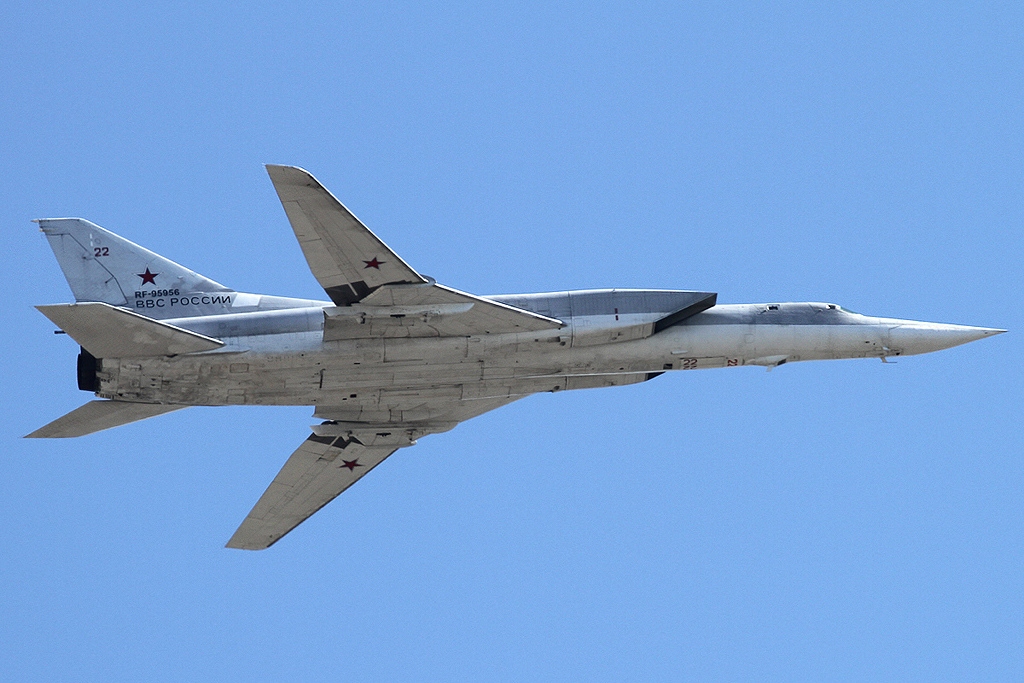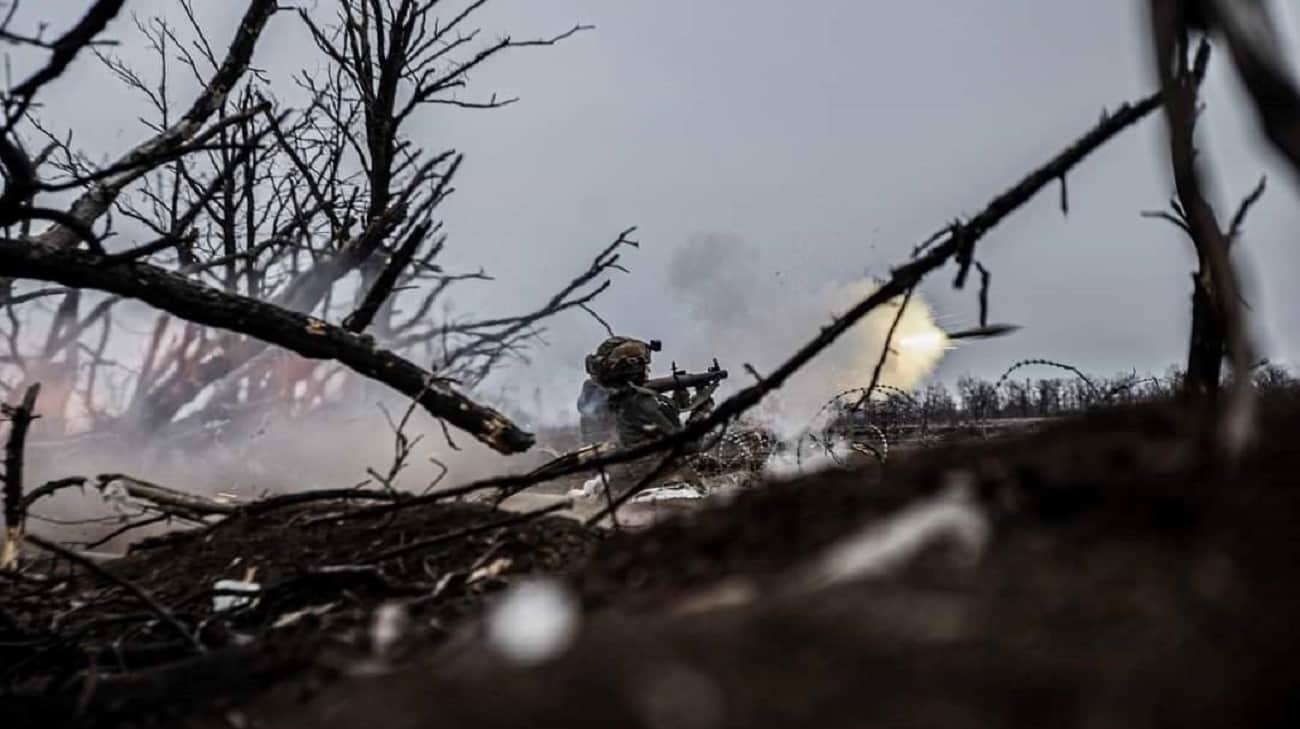Russia struggles to maintain aging Tu-22M3 bomber fleet amid losses
Russia's Tu-22M3 strategic bomber fleet is diminishing due to production cessation since 1993, recent losses in Ukraine, accidents, and modernization difficulties.


Russia’s Tu-22M3 strategic bomber fleet faces significant challenges, according to an analysis by Defense Express. The report, published on 16 August 2024, highlights the impact of production cessation, recent losses, and modernization difficulties on Russia’s long-range bombing capabilities.
The last Tu-22M3 was produced in 1993, leaving Russia with a finite and aging fleet. Recent losses have further diminished these numbers. Defense Express noted that:
- two Tu-22M3s were damaged by Ukrainian long-range drones at the Olenya airbase on 25 July 2024,
- one was shot down by an S-200 surface-to-air missile system on 19 April 2024,
- one was destroyed with two others damaged at the Soltsy airbase following a drone attack on 19 August 2023.
- Russian prosecutors announced damage to three bombers at the Dyagilevo airbase after a long-range drone attack on 5 December 2022.
- The latest loss of a Tu-22M3 occurred on 15 August, when the bomber crashed in Russia’s Irkutsk Oblast.
Modernization efforts to extend the lifespan of these bombers face significant hurdles. The Tu-22M3M upgrade program, which aims to modernize up to 30 aircraft, has been delayed. Only two Tu-22M3M aircraft are known to exist, with one completed around 2018. The Defense Express believes that 30 may be the number of airworthy Tu-22M3s.
A critical issue is the lack of engine production for the Tu-22M3. The NK-25 engines were last manufactured in 1996, severely limiting Russia’s ability to maintain or expand its fleet. Plans to use NK-32 engines from the Tu-160 for the modernized Tu-22M3M have not materialized.
The loss of each Tu-22M3 is described as “very, very painful” for Russia, given the absence of new production and limited modernization options. The situation is further complicated by the lack of a direct replacement for these strategic bombers, as well as for the Tu-95MS and Tu-160 aircraft.
Defense Express concludes that Russia’s options are limited to “eating up the remnants of the USSR,” with each loss significantly impacting the country’s strategic bombing capabilities.
Related:
- Media: Ukrainian drones strike Russian TU-22M3 bomber 1,800 km from front
- Russia assembles third of combat-ready Tu-95MS and Tu-22M3 at the Olenya base
- Media sources: Ukraine used old S-200 long-range SAM system to down Russia’s Tu-22M3 strategic bomber for the first time
- “Week-long ambush” preceded historic Russian Tu-22 bomber downing, Ukraine intel chief says, confirming S-200 use
- Ukrainian reconnaissance officer Oleh Babii leads destruction of Russian bombers in 2023
- UK intel: Russia’s Soltsy airbase likely attacked from Russian territory
- Frontline report: Ukraine struck one of the Russian airfields used by strategic bombers Tu-22



